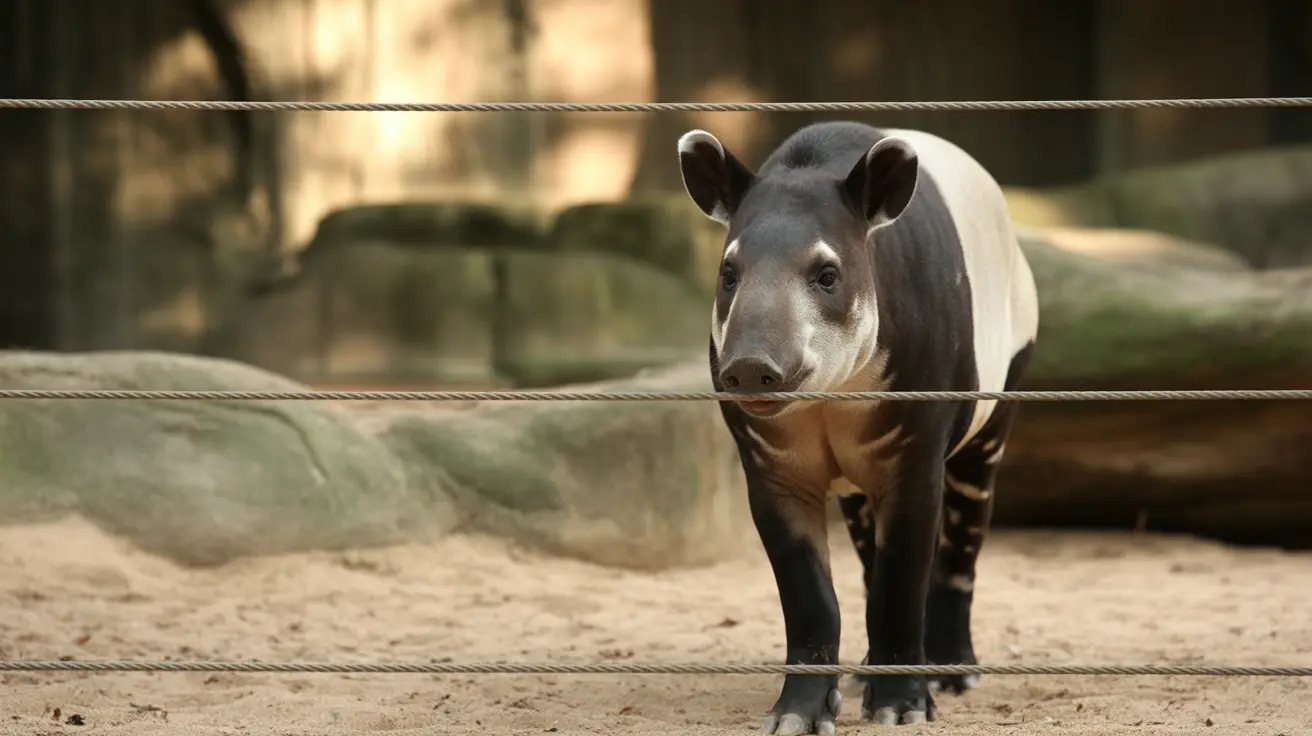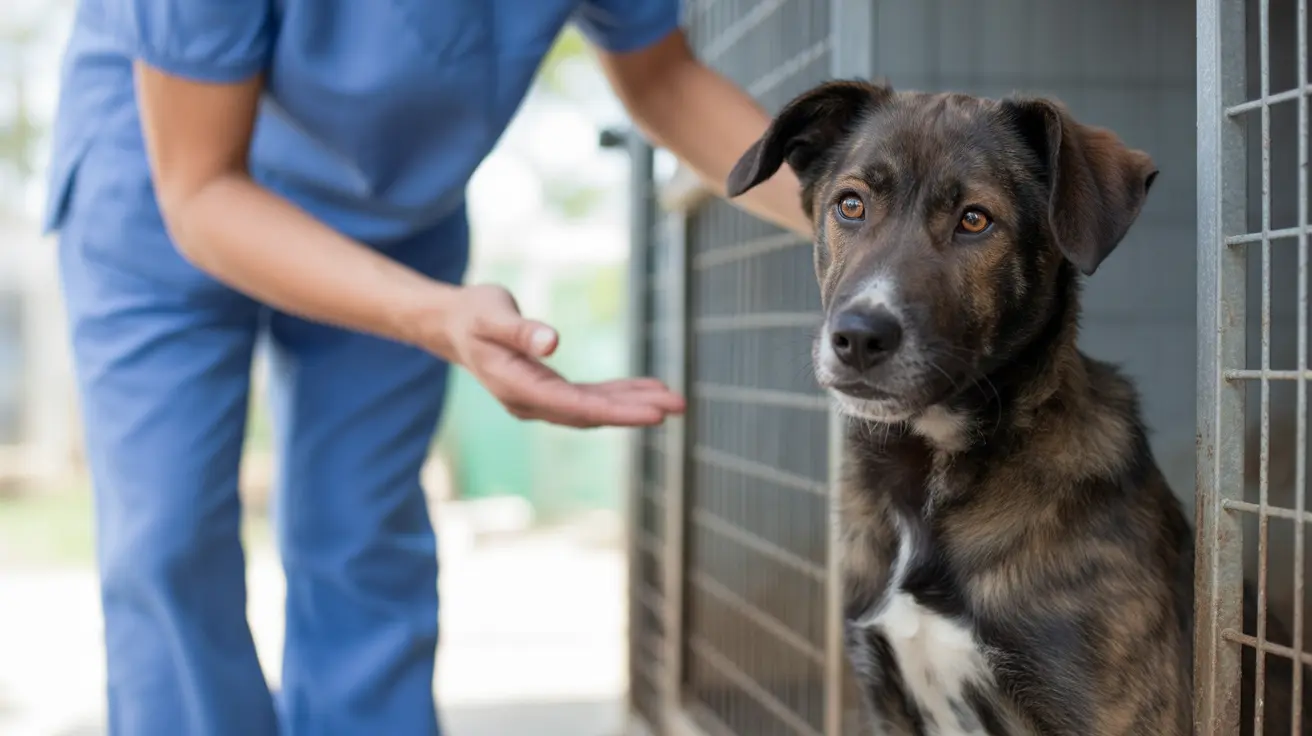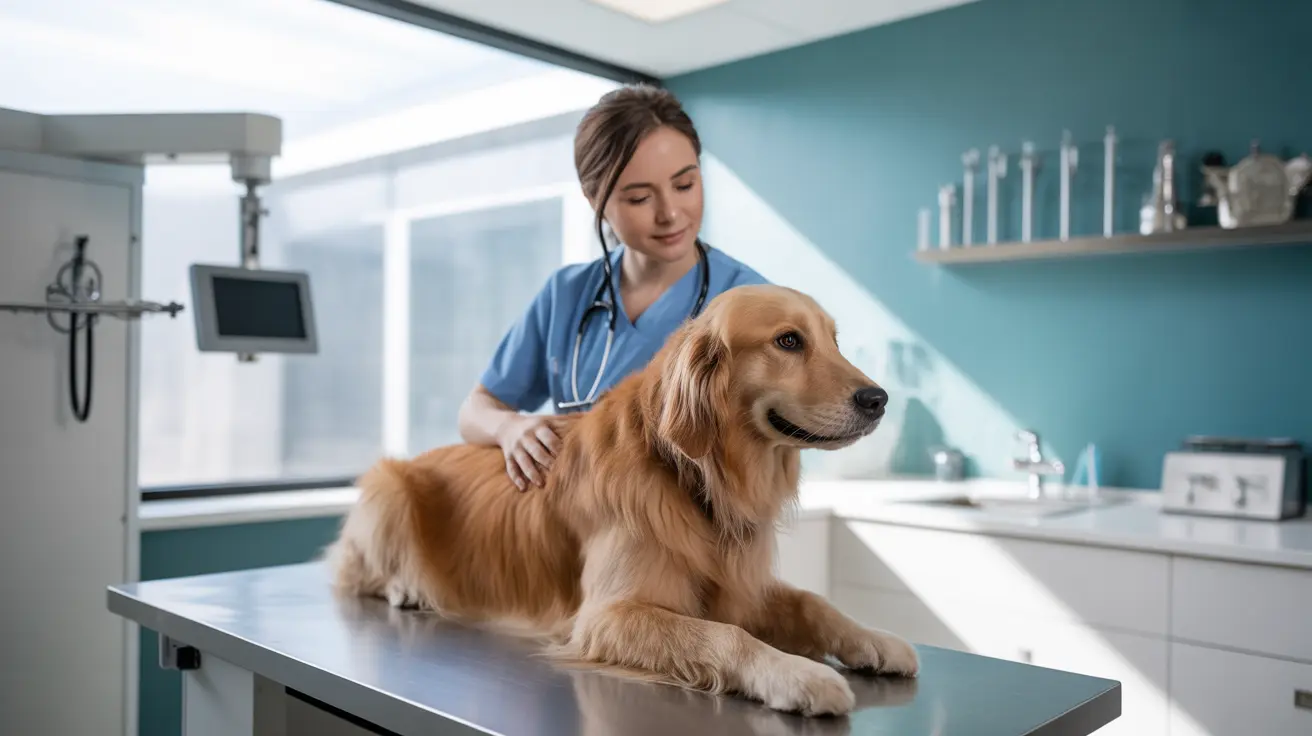Is Olive Oil Good for a Dog’s Dry Nose?
The nose is an essential sensory organ for dogs, playing a vital role in smell detection, environmental awareness, and even regulating body temperature. A healthy dog’s nose is typically moist thanks to mucus and regular licking. However, it’s perfectly normal for a dog’s nose to fluctuate between dry and wet throughout the day. Let's explore the causes of a dry dog nose, whether olive oil helps, and what alternatives are safe.
What Causes Dry Noses in Dogs?
A dog’s nose can become dry due to a variety of benign or medical reasons:
- Environmental changes — Heating in winter, low humidity, or sun exposure can dry out a dog’s nose.
- Sleeping habits — Dogs don't lick their noses while asleep, often waking up with a dry nose that moistens later.
- Age — Senior dogs naturally produce less mucus and have drier skin.
- Breed characteristics — Brachycephalic breeds (e.g., Bulldogs, Pugs) might struggle to lick their noses, leading to dryness.
- Dehydration — Not drinking enough water during heat or exercise can contribute to dryness.
- Allergies — Reactions to pollen, food, or cleaning products may cause dry nasal skin and other symptoms.
- Medical conditions — Infections, autoimmune diseases, hyperkeratosis, and metabolic disorders like diabetes can present with severe nose dryness.
When Should You Be Concerned?
Dryness alone isn't always a concern. However, veterinary attention is recommended if you notice:
- Cracking, bleeding, or crust formation
- Persistent dryness despite environmental changes
- Discoloration or ulceration on the nose
- Additional symptoms like lethargy, appetite loss, vomiting, or unusual nasal discharge
Is Olive Oil Safe for a Dog’s Dry Nose?
While the source material does not mention olive oil specifically, it affirms that safe moisturizers—such as dog nose balms or coconut oil—can alleviate nasal dryness. Olive oil shares similar moisturizing properties and may offer relief if used sparingly. However, because dogs frequently lick their noses, any topical application must be safe for ingestion.
Important: Always consult with a veterinarian before applying olive oil or any other human product to your dog’s skin or nose, especially if the dryness is chronic or linked to an underlying issue.
Safe Alternatives to Olive Oil
Instead of olive oil, you may consider the following remedies:
- Dog-safe nose balms — Specially formulated for pets and free from harmful chemicals.
- Coconut oil — Often used as a natural moisturizer and typically safe for ingestion.
- Humidifiers — Adding moisture to the air helps ease dry skin and nasal tissues.
- Fresh water — Encouraging fluid intake prevents dehydration-related dryness.
- Veterinarian-recommended products — For conditions like hyperkeratosis or infections.
When to Use Medical Treatments
If the dryness stems from medical conditions such as autoimmune diseases, hyperkeratosis, or a metabolic disorder, professional treatment is required. This may include:
- Topical medicated creams
- Immunosuppressive drugs for autoimmune cases
- Keratin trimming or specialized skin care for hyperkeratosis
Observing and Maintaining A Healthy Dog Nose
Understanding what constitutes your dog’s “normal” nose will help you detect when something is wrong. Take note of changes in texture, color, moisture levels, and behavior. Prompt action ensures not just nasal comfort, but also a better quality of life for your dog.
Conclusion
Yes, olive oil can be beneficial in treating a dog’s dry nose when used in moderation. Still, it’s essential to determine the underlying cause, use only dog-safe products, and consult your veterinarian for persistent or severe symptoms. By doing so, you’ll help your four-legged friend stay healthy, sniff-ready, and comfortable.





